After raising tariffs on Ankara, US raps Turkish retaliation
The administration of US President Donald Trump has regretted Turkey’s move to increase tariffs on US imports, which itself came in retaliation for increased tariffs earlier imposed by Washington on Ankara.
The new Turkish tariffs came in response to what Ankara called Washington’s attack on its economy as well as the partial collapse of the Turkish lira after the US boosted tariffs on Turkey’s steel and aluminum last week.
The White House, which has sought to portray the increasing of tariffs on imports from many countries — in a full-blown trade war — has attempted to portray the move as grounded on “national security” concerns.
“The tariffs from Turkey are certainly regrettable and a step in the wrong direction. The tariffs that the United States placed on Turkey were out of national security interest. Theirs are out of retaliation,” White House spokeswoman Sarah Huckabee Sanders told reporters in bizarre comments on Wednesday.
The trade war
On August 10, the US president said he had ordered that US tariffs on Turkish aluminum and steel imports be doubled to 20 percent and 50 percent, respectively.
Washington has imposed sanctions on Ankara over the detention of an American pastor, Andrew Brunson. The sanctions have sent the Turkish lira into a tailspin.
In retaliation, Erdogan sharply increased tariffs on certain American commodities — some of them more than double — and called on Turkish people to boycott US-made electronic goods, including Apple’s iPhones.
Erdogan has also called on Turks to help defend the country against the US economic war on the nation, appealing to Turkish people to exchange dollars and gold for lira to support the lira.
Germany and Qatar have thrown their support behind the Turkish president amid the escalating tensions between Ankara and Washington.
Prisoners of the (trade) war?
The tit-for-tat tariffs were announced amid Turkey’s rejection of a US demand to release Brunson, the American pastor, who is sentenced to imprisonment in the country on espionage and terrorism-related charges for nearly two years.

The White House press secretary said Ankara had treated Brunson “who we know to be a very good person and a strong Christian who has done nothing wrong, very unfairly, very badly, and it’s something that we won’t forget.”
Sanders, however, said the American pastor’s potential release would not lead to an easing in the tariffs; rather, she said, it could lead to an easing of sanctions on Ankara.
“The tariffs that are in place on steel will not be removed with the release of pastor Brunson. The tariffs are specific to national security,” she said. “The sanctions, however, that have been placed on Turkey are specific to pastor Brunson and others that we feel are being held unfairly, and we would consider that at that point.”
The 50-year-old Christian pastor was arrested in December 2016 and later indicted by a Turkish court on charges of having links with the Kurdistan Workers’ Party (PKK) militant group and the movement of the US-based opposition cleric Fethullah Gulen, whom Ankara accuses of having masterminded the July 2016 coup attempt against President Recep Tayyip Erdogan.
Brunson has dismissed the charges.
If the evangelical pastor is found guilty, he will face up to 35 years in prison.
VIDEO | Press TV's news headlines
VIDEO | Istanbul demonstrators voice support for Iran amid US tensions
VIDEO | Israeli settlers attack Palestinian Bedouin community, injure 13
Palestinian Ambassador’s residence in Tehran attacked amid terror wave
Syria's HTS regime agrees to truce with SDF after its troops advance
EU mulls over $100bn in US retaliatory tariffs over Greenland
VIDEO | Trump's presence sparks major protests at Davos Forum
President Pezeshkian vows historical Iran-Iraq relations will remain stable


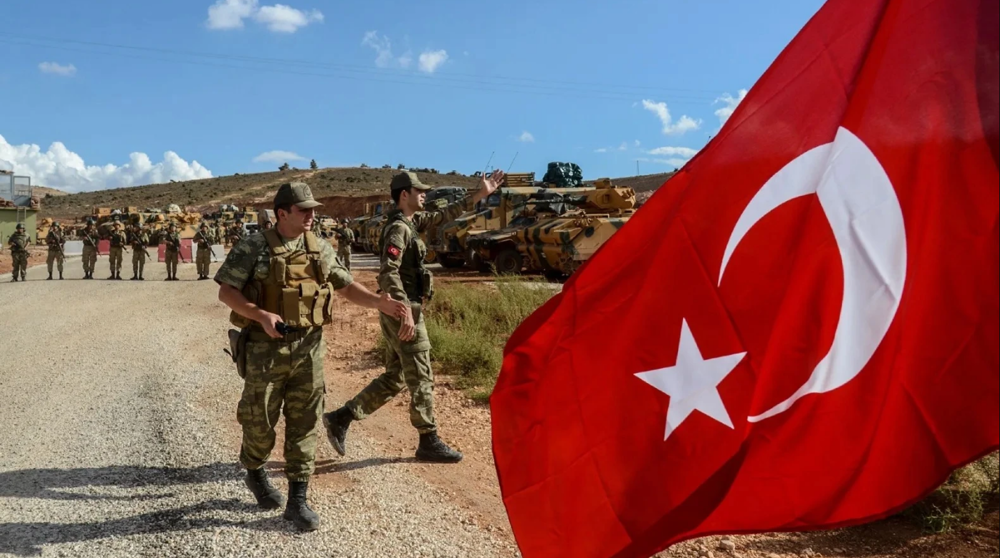

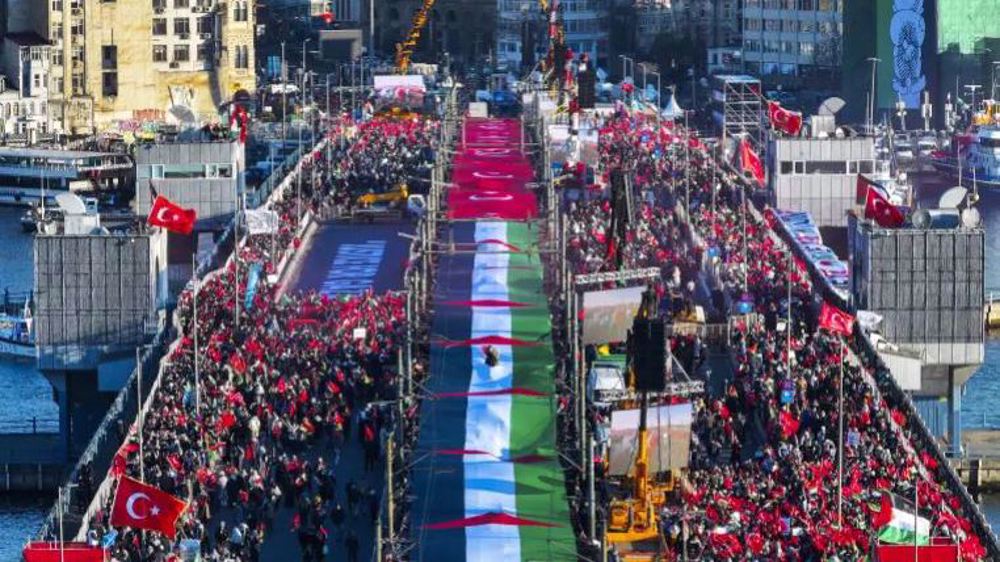



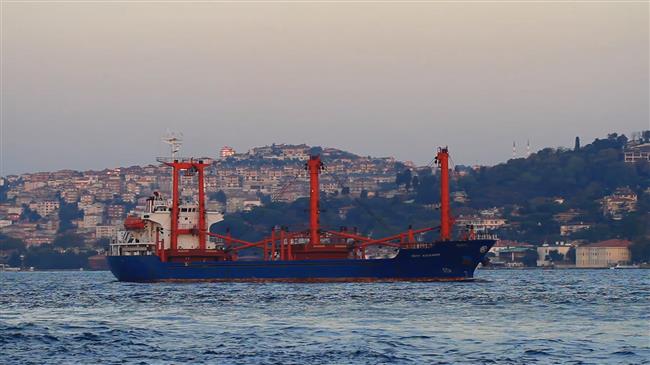
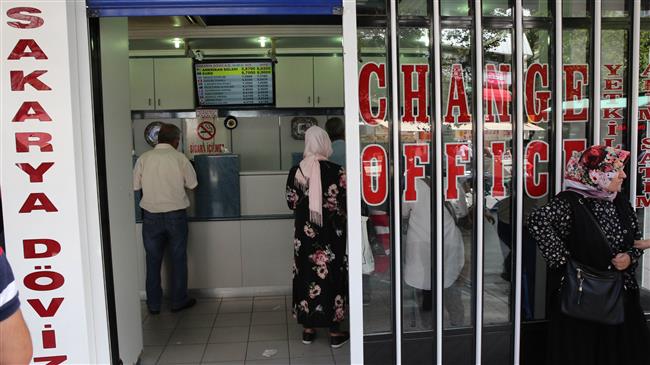
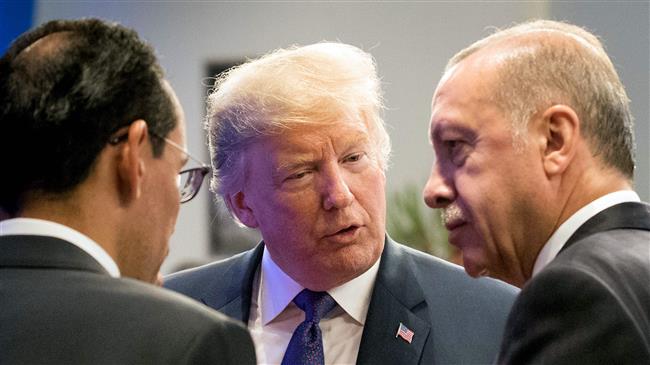

 This makes it easy to access the Press TV website
This makes it easy to access the Press TV website